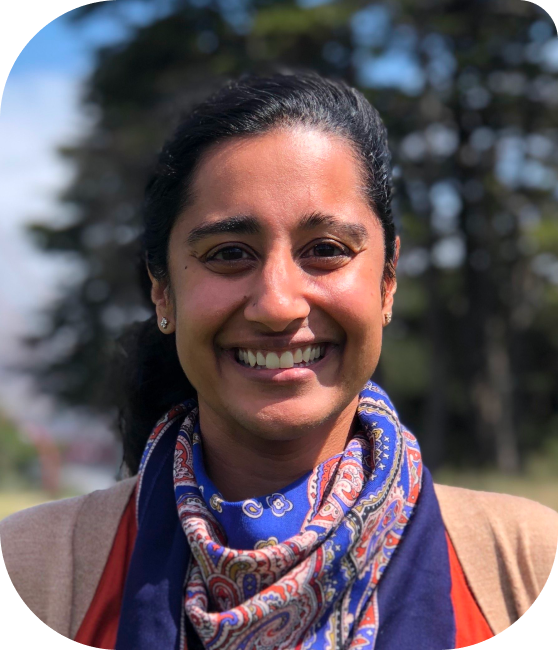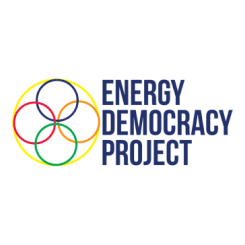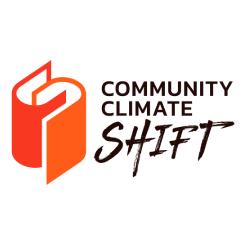Civic Infrastructure
Civic Infrastructure


Sonia Kikeri, National Director of Civic Infrastructure
Sonia Kikeri MBA, MA, BSFS (they/she) is the National Director of Civic Infrastructure. Prior to working at Emerald Cities Collaborative, Sonia’s professional experiences include serving as a legislative director for a state senator in Pennsylvania, as a consultant working with anchor institutions on operationalizing equity through institutional policy, and as a program director managing international civic society research and development. They live on a farm located on the ancestral lands of the Susquehannock, where their family participates in sustainable land management and the local food economy.
National Civic Infrastructure Team members:
Ardie Griffin, Policy Director
Mandy Lee, Senior Program Manager
Mila Hamilton, Freedom Fellows New Jersey Project Manager
Nora Elmarzouky, Senior Energy Democracy Manager
Sonia Kikeri, National Director of Civic Infrastructure
TBD, Project Manager
Programs & Resources

The Energy Communities Capacity Building (ECCB) Program* provides training, funding, and technical assistance to support community-based organizations and frontline communities nationwide to more deeply understand, organize, design, and implement Energy Democracy policies and projects.
…The cohort curriculum is designed to develop language and analysis about energy systems and to build the capacity of communities to apply for federal funding opportunities made available through historic legislation, such as the Bipartisan Infrastructure Law and the Inflation Reduction Act, leveraging frameworks such as those provided through executive orders that established the Justice40 Initiative. Technical assistance provided by the program heavily emphasized deep community engagement tools and skills to develop community-defined and -driven energy democracy policies and projects. (*previously known as the Emergent Communities Capacity Building Program)

The CESBS Initiative brings together organizations and individuals from the fields of environmental justice, architecture, energy, affordable housing, transportation, economic development, higher education, sustainability, and more with the common goal to universalize access to sustainable, healthy
… regenerative building design for all of the places where we live, learn, work, and play. Capacity Building Program)


The People’s Justice40+ Community Benefit Playbook offers low income, rural, Black, Indigenous, and People of Color (BIPOC), frontline, and fenceline communities, and community-based organizations that serve these communities, guidance for developing Community Benefit Plans (CBP) that leverage
…the Justice40 Initiative and the climate, economic, and infrastructure investments of major federal spending bills–such as the Infrastructure Investments and Jobs Act and the Inflation Reduction Act–to ensure that these federal investments benefit the communities that need them the most.

Freedom Fellows:
New Jersey
Past Programs

The Just Transition PowerForce brought together environmental and climate justice leaders from across the country to align the climate commitments of corporations toward deep investments in the sustainability and climate resilience of frontline communities, enabling self-determination, economic security, and restorative and transformative justice.

The Freedom Summer Fellowship was launched in 2023 in response to the once-in-a-generation federal infrastructure funding from the Biden-Harris Administration. Inspired by the work of the 1964 Freedom Summer, the fellowship operates as a capacity-building and applied learning program to address the climate crisis and direct resources to historically underinvested communities.







